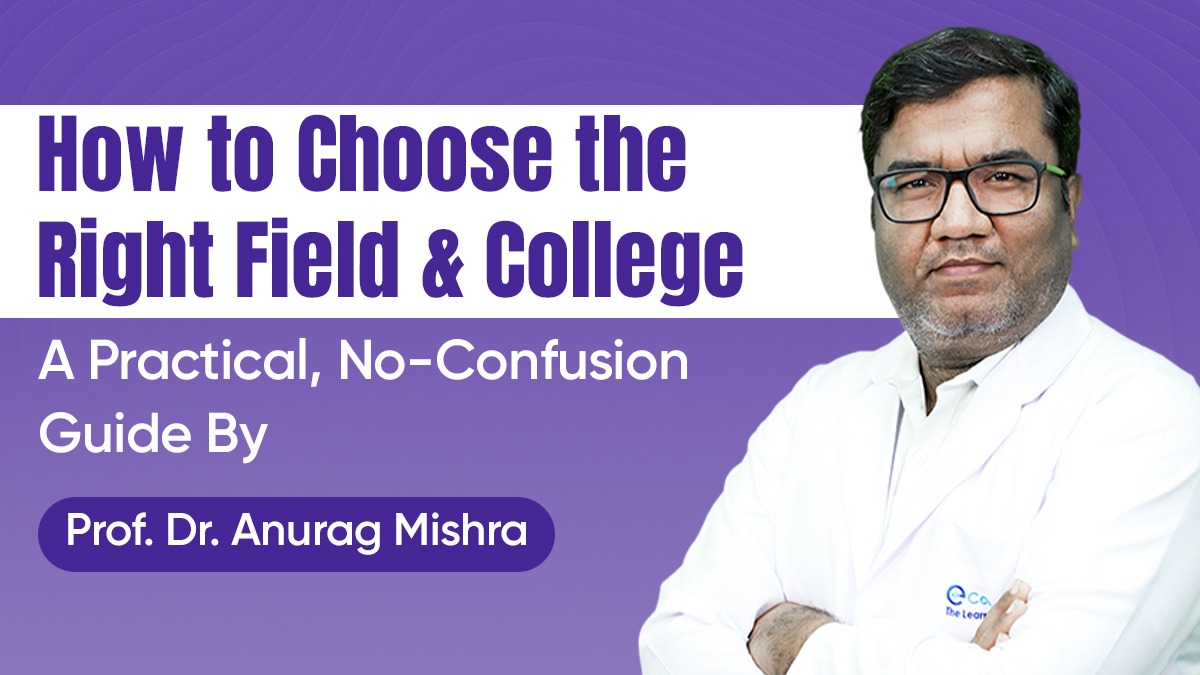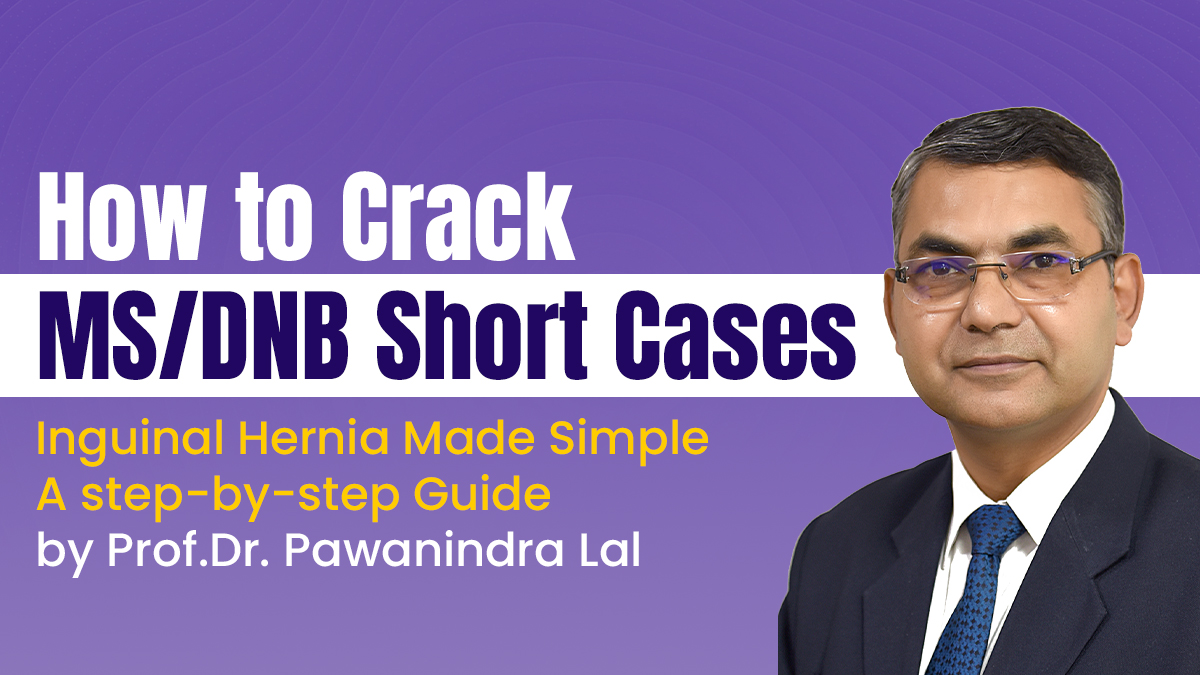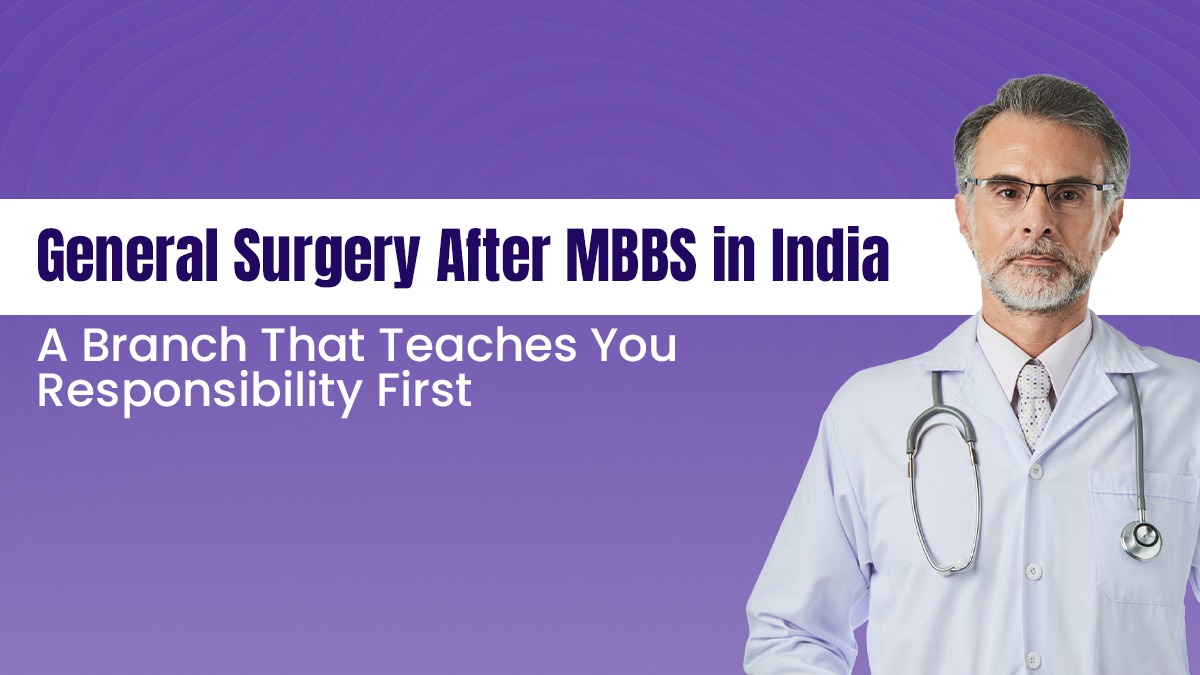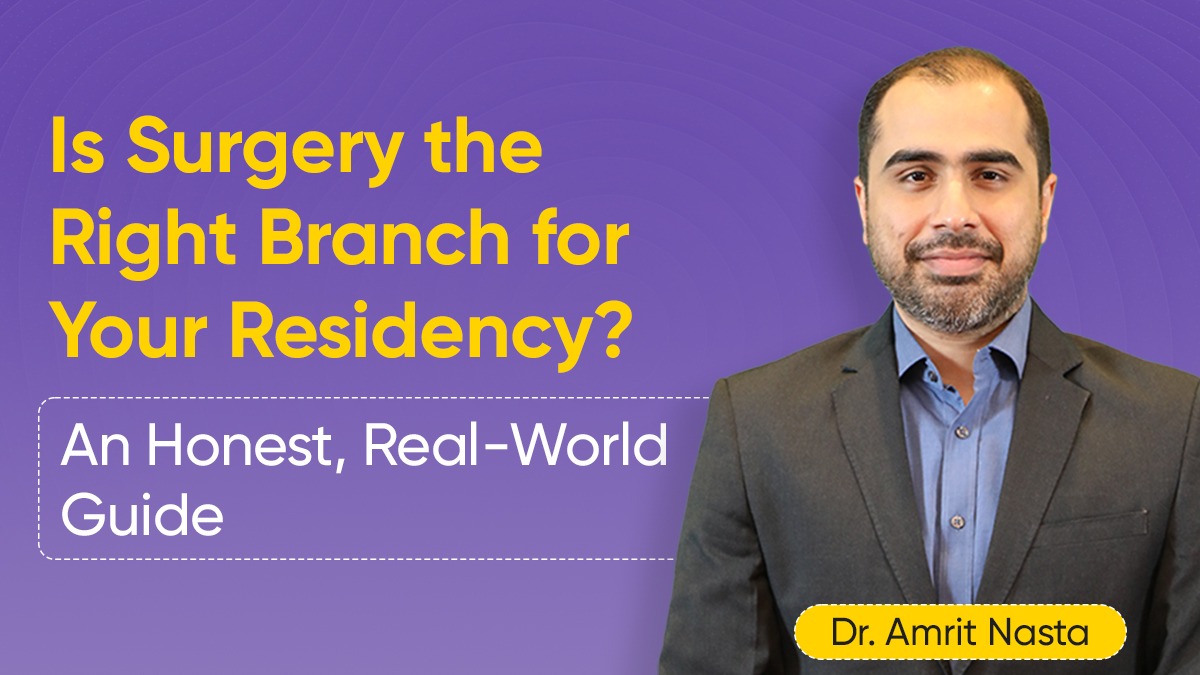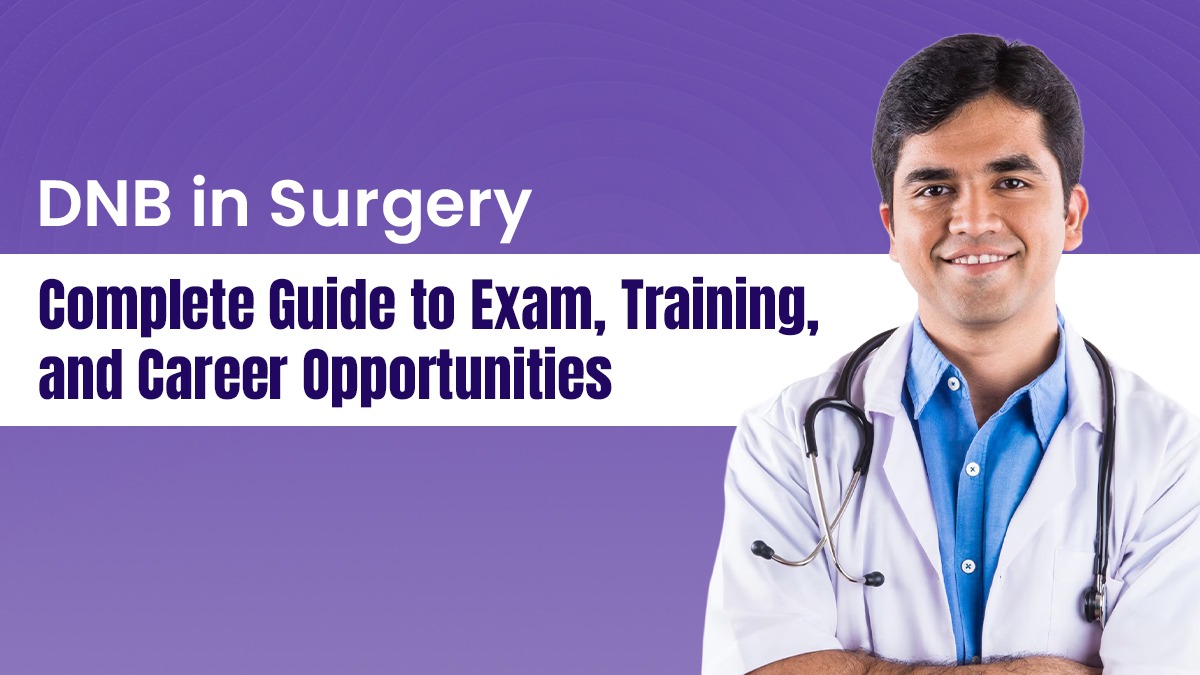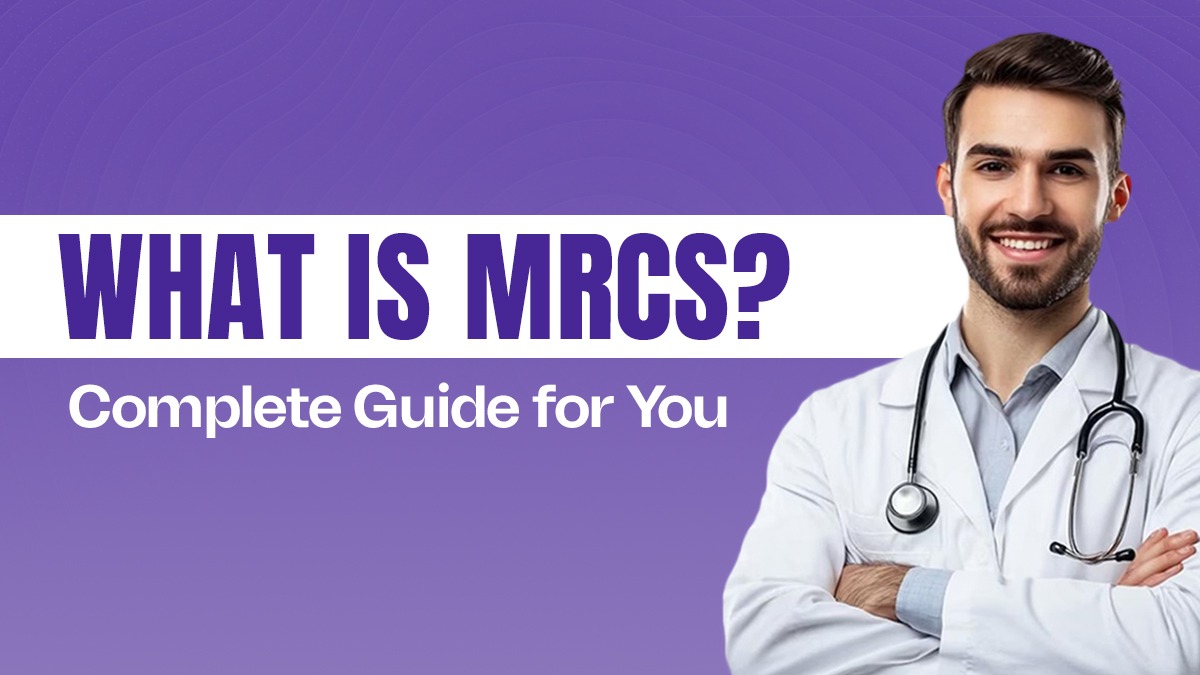Estimated reading time: 5 minutes
Choosing your postgraduate field and college is one of those decisions that stays with you for life. Yet, most students reach this stage feeling unsure, anxious, and pulled in different directions by advice from seniors, parents, friends, and social media.
Some say, “Take the best college you’re getting.”
Others insist, “Never compromise on your branch.”
So what should you really do?
This blog breaks down a simple, logical, and very practical way to choose both your field and your college, based on how doctors actually think once they’ve spent years in practice.
Course or College: Which One Comes First?
This is usually the first dilemma.
Imagine this:
You introduce yourself and say, “I’m a surgeon.”
Only later do you add where you studied.
Your specialty becomes your identity for the rest of your life. The college matters, yes, but the branch defines your daily work, your lifestyle, your stress, and your satisfaction.
A simple rule that works:
- If you are very clear about your dream branch → choose the course first
- If you are confused between multiple branches → a good college is a safer choice
There’s no one-size-fits-all answer. Clarity about yourself is what matters.
Step One: Understand Yourself Before Choosing Any Branch
Every medical branch is good.
But not every branch is good for every person.
Before asking others which branch to take, ask yourself:
- What kind of life do I want?
- What excites me and what drains me?
- How much sacrifice am I realistically okay with?
This is something no counselor or senior can answer for you.
Step Two: List What Actually Matters to You
Sit down and write your priorities. Don’t overthink it. Common factors include:
- Passion for the subject
- Money and financial stability
- Work–life balance
- Professional satisfaction
- Ease of practice after residency
- Opportunities in India
- Scope abroad
- How early you want to settle
- Respect and recognition
Some people value money more.
Some value peace of mind.
Some want intense clinical work.
None of these are wrong.
Step Three: Decide What Matters More (This Is Crucial)
Now comes the honest part.
Give importance scores out of 100 to each factor—but keep this rule in mind:
👉 The average should be around 50
This forces real choices.
If passion is extremely important to you and you give it 90, something else has to drop. Maybe work–life balance gets a 30. That’s how real life works.
You can’t have everything at 90.
Step Four: Rate Each Branch Based on Reality
Now look at the branches you’re considering—medicine, surgery, radiology, or any others.
For each branch, rate how well it fits your criteria:
- Does it actually give early settlement?
- Is the work–life balance truly manageable?
- How is practice after 10–15 years?
- What do people already in the field say?
One important mistake to avoid:
Don’t speak only to first-year residents.
Also talk to:
- Senior residents
- Doctors 10–20 years into practice
- Faculty members
Social media opinions are loud—but not always reliable.
Step Five: Let Logic Do the Work
Multiply:
- How important something is to you
- With how well the branch offers it
When you add everything up, you’ll see something interesting:
One branch naturally starts standing out for you.
Not because it’s popular.
Not because someone told you to take it.
But because it fits your priorities.
Now That the Branch Is Clear — How Do You Choose a College?
The same thinking applies.
Different colleges shine in different ways.
Step One: Decide What You Want From a College
Think about:
- Clinical exposure
- Work environment
- Teaching quality
- Brand value
- Research opportunities
- Technology and infrastructure
- Alumni network
- Bond rules
- Hostel and location
- Language and city comfort
A surgical resident may value clinical load more.
Someone else may value academics or alumni support.
Step Two: Give Importance to Each Factor
Again, be realistic.
Residency is temporary—but its impact is permanent.
Some discomfort is okay for two or three years. Some things aren’t.
Step Three: Talk to the Right People
For colleges:
- Speak to current residents (they know the ground reality)
- Talk to alumni (they know the long-term impact)
- Faculty can give insight into academics and future direction
Online reviews help—but take them lightly.
Step Four: Rank, Don’t Guess
When you score and rank colleges honestly, the list becomes clear.
No overthinking.
No regret.
No last-minute panic.
Final Thoughts
Big career decisions shouldn’t be made on:
- Random advice
- Fear of missing out
- “Everyone is taking this branch”
When you take time to understand yourself, gather real information, and apply basic logic, your decision feels calm, even if it’s difficult.
And that calm is a good sign.
Choose what fits you, not what impresses others.

